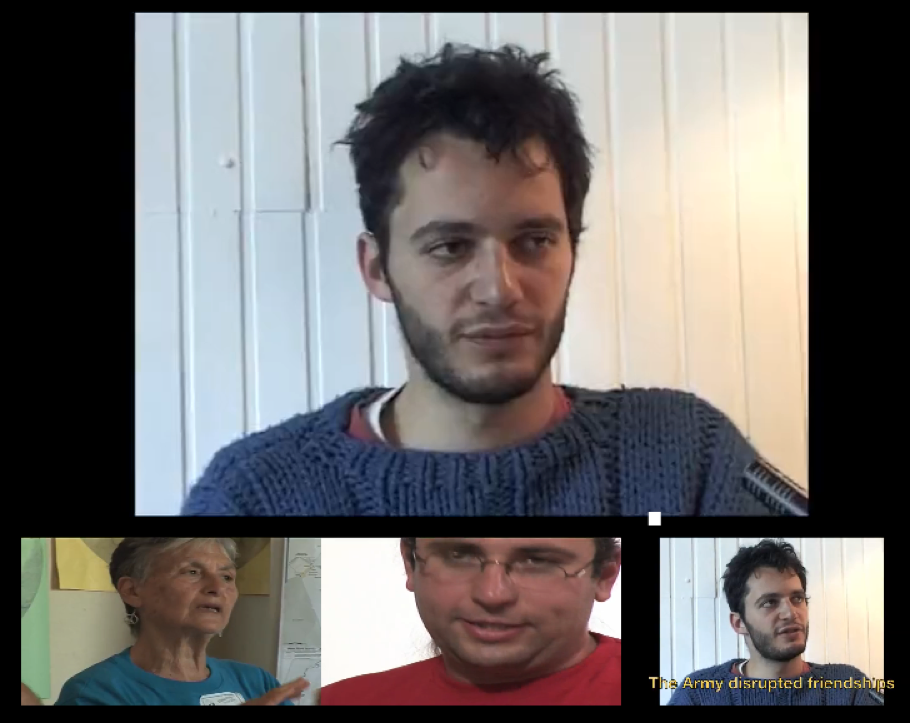The Only Democracy? » Victories for Democracy » A true Democracy; if Israel would only let it
A true Democracy; if Israel would only let it
A Palestinian state – despite serious obstacles – could become the true democracy of the Middle East, if only Israel would let it.
The world is abuzz with the news that Palestinian leadership is talking about soliciting support from the UN for a declaration of statehood (hey, remember when pre-Israel did that in 1947?). The US has kept mum on the topic so far – good for them – but Israeli spokespeople have been adamantly critical of the motions. Their main argument is that it would violate the terms of the Oslo agreements. Ignoring for the moment that the main conclusion to come out of Oslo was the agreement to keep talking and discuss the real issues later, this is a serious case of the pot calling the kettle black. I do not have enough fingers or toes or strands of hair on my head to count the number of times Israel has violated international law, UN resolutions, UN conventions, or its own responsibilities to peace agreements. Since I have neither the time nor the space nor the patience to go through all of these misbehaviors, I will mention simply the current administration’s failure to fully cease settlement construction, de facto stopping the most recent “peace talks” in their tracks.
It sounds like Israel is just grasping at its last threads of hypocritical hope, trying to hold the Palestinian Authority accountable to a seventeen-year-old document to which Israel itself has not been the best at adhering to.
So what would happen if the Palestinians gained recognition of a state within the 1967 borders of the West Bank and in Gaza? Palestine would become the first true democracy in the Middle East.
I will acknowledge up front that I think this state will be impoverished and vulnerable: the territories’ current economic status can be described as one in which there is a severe wealth gap – there is money, but it, like the power, is in the hands of few. Its police force, though clad in the interesting choice of blue camouflage and carrying machine guns to rival those of every 18-year-old Israeli, does not seem to be that interested in doing much other than standing around in the shade of their armored trucks. Ah well, such is the Middle East. And then there is the map issue. In an ideal world, the geographical isolation of the West Bank and Gaza would be no hindrance to governance and political unity (in fact, today’s world of instantaneous communication via magic squiggly lines in the air behaves much like this ideal world), but this world is not ideal. (Tangential topic: why don’t Gaza and the West Bank declare as separate countries?)
But the Palestinian Authority has successfully held elections. Putting any personal feelings about Hamas aside, they did win an election in Gaza. Though Fatah, also elected (sort of), is ineffective and certainly no longer “the party of the people”, they at least have figureheads, the infrastructure, and the know-how to be elected and participate in democratic processes. As much cynicism as there is surrounding Palestinian politics, and as much of a struggle as it may be, I have to say this is one area in which the Israeli occupation and influence has done them a huge favor. Palestinians know and understand the importance of a government by the people, for the people, and are familiar with these processes and principles. Seeing the dysfunction of a broken system will only help them build a better one.
I see a Palestinian state whose politics are more all-inclusive than those of Israel. Pitting “democracy” against democracy, a Palestinian state would win. The primary reason? “Palestinian” describes a place-allegiance and a national identity. Palestinians are Muslim and Christian, religious and secular. They are from cities and they are from villages. What unites them is a shared history and a shared land – but a Palestinian state can never be religious because the Palestinian people are not unified under any one theological doctrine, even broadly defined (as Judaism can be applied, in some broad way, to the majority of Israelis). So while Israel struggles to be recognized and to function as both a Jewish state and a democracy, a Palestinian state would be just that: a Palestinian and democratic state. Rabbis, priests, and imams need not apply.
Filed under: Victories for Democracy · Tags: declaration, Palestinian statehood








 “You have a choice! Israeli Anti-Militarists Speak”
“You have a choice! Israeli Anti-Militarists Speak”